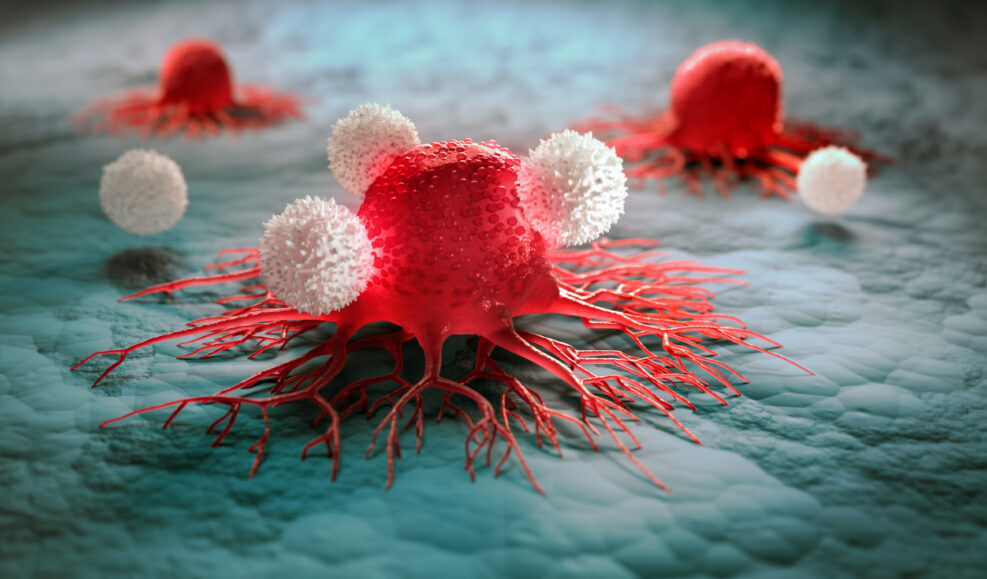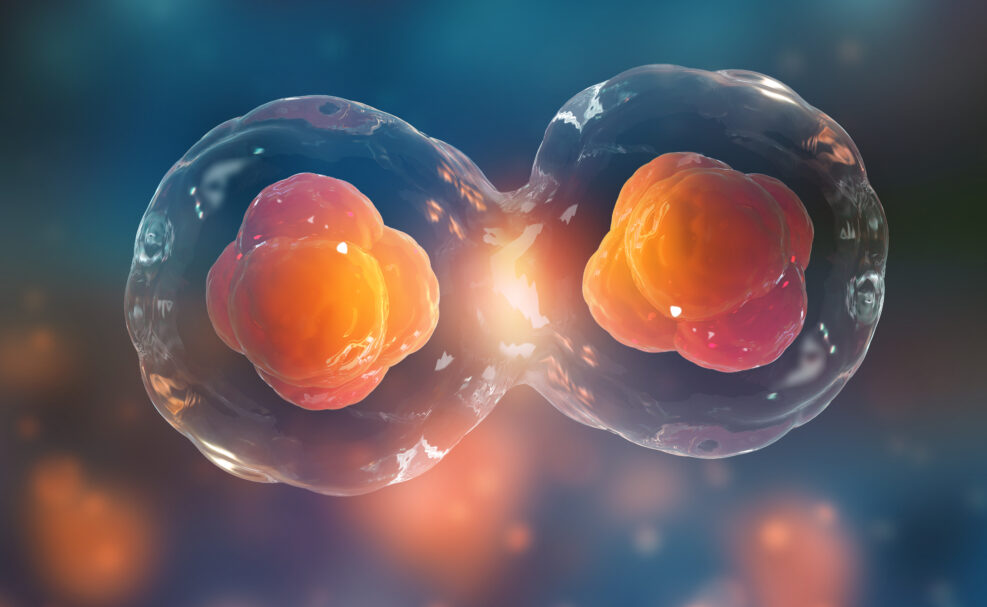
Why Breeding Smarter Humans Won’t Work: Basic Genetics 101
Biochemist Michael Denton explains that, in human genetics, everything is connected to everything else; geneticists call it pleiotropyRecently, we looked at the question of whether human IQ could be artificially increased via genetic engineering. One proposal was to mass produce human embryos, implanting only the smart ones and discarding the rest. All other issues aside, it’s unclear how to determine which kids will turn out to be the smart ones. Now biochemist Michael Denton, author of a number of books including the recent Miracle of Man (2022), writes to tell us that the idea won’t work due to fundamental genetics. Noting that theoretical physicist Stephen Hsu, who advanced the idea of discarding embryos above, is not a medical geneticist, he told Mind Matters News, Its true there are many genes involved in brain development but most genes Read More ›






